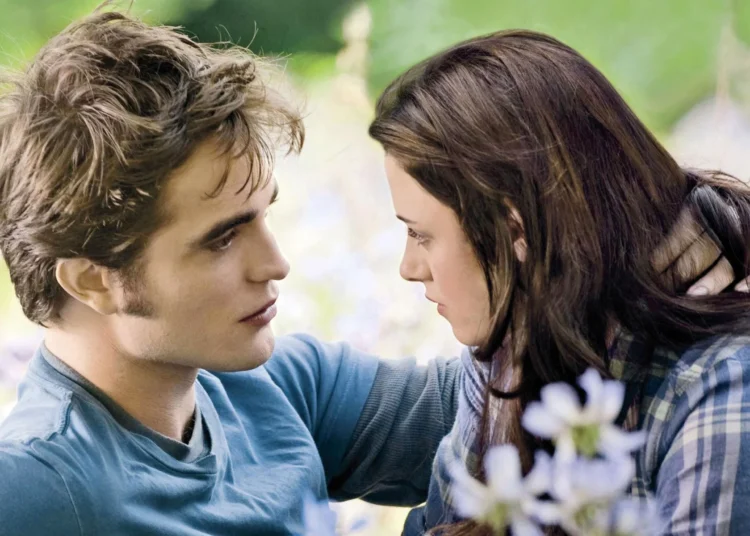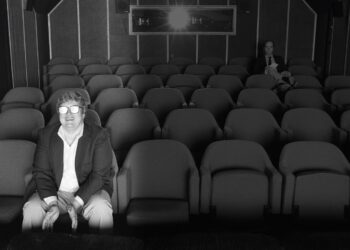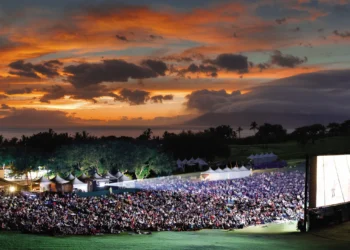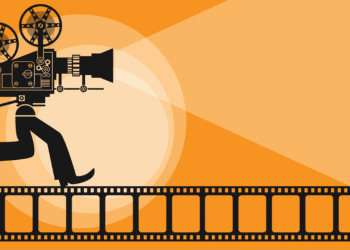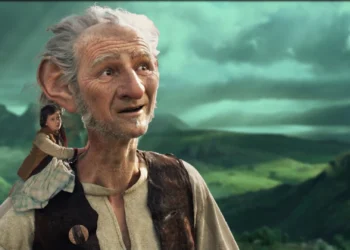Unveiling the Magic: How Fairytales Shape Our Perceptions of Love on Screen
Explore how fairytale elements in American romantic films influence our expectations and understanding of love, sparking both delight and debate.
1. The Enduring Appeal of “Happily Ever After”
American romantic films often draw heavily on fairytale tropes, reinforcing the idea that true love prevails. The prevalence of positive endings, especially in genres blending adventure and fantasy with romance, perpetuates a cultural expectation of “happily ever after.” This consistent portrayal shapes audience perceptions, leading many to believe in the power of love to overcome all obstacles, mirroring classic fairytale narratives.
2. Modern Adaptations and Shifting Perspectives
Contemporary adaptations of classic fairytales are sparking debate. While these films aim to subvert traditional gender roles and narratives, they sometimes face criticism for altering or diminishing the emotional core of the original stories. This reflects a broader tension: the desire to modernize fairytales while preserving the elements that made them beloved in the first place.
3. The Complex Role of Fairytale Motifs
Despite evolving social attitudes and occasional controversies, fairytale motifs continue to profoundly influence how love is depicted in American cinema. These motifs shape not only the narrative structure of romantic films but also the audience’s expectations and understanding of relationships. The “magic” of fairytales in film is becoming increasingly complex, reflecting diverse perspectives and prompting ongoing discussion about love, relationships, and societal values.
Love’s Rollercoaster: Navigating Heartbreak and Reconciliation in Cinema
Explore how recent American romantic films are redefining love stories by embracing vulnerability, realism, and deeper social themes.
1. The Rise of Nuanced Narratives
American romantic cinema is undergoing a notable transformation, moving away from simplistic narratives that end in neatly packaged “happily-ever-afters.” Instead, there is a growing focus on the emotional intricacies of romantic relationships, including the tensions between love and loss, the process of emotional healing, and the complexities of human connection over time. These narratives often avoid definitive conclusions, allowing space for ambiguity and reflection. This shift signals a broader cultural interest in stories that reflect the imperfect, layered nature of real-life relationships.
2. Authenticity Over Idealization
Contemporary romantic dramas increasingly prioritize emotional honesty over fantasy. Rather than portraying love as an instant or flawless experience, these stories acknowledge the slow, uncertain, and often painful nature of building or rebuilding intimacy. Long-term separations, emotional scars, and unresolved past experiences are commonly explored, offering a more grounded and resonant view of romance. This narrative turn responds to an audience that values realism and seeks representations of love that mirror their own lived experiences, including its doubts, delays, and disappointments.
3. The Importance of Respect
A recurring theme in recent romantic storytelling is the recognition that mutual respect is foundational to healthy and lasting relationships. Emotional closeness is no longer portrayed as sufficient in itself; instead, narratives increasingly examine how power dynamics, communication breakdowns, and ingrained gender norms can erode romantic bonds. The exploration of themes such as emotional neglect, equality, and vulnerability emphasizes that love without respect leads to imbalance, while reconciliation is only possible through growth and mutual understanding. These depictions reflect an evolving discourse on relational ethics and emotional maturity.
4. Commercial Success and Critical Acclaim
The widespread popularity and critical recognition of emotionally complex romantic films suggest a changing landscape in audience expectations. Viewers appear more drawn to stories that capture both the wonder and the challenges of contemporary romance. The willingness of filmmakers and studios to invest in such narratives points to a maturing cinematic approach—one that embraces complexity over convention. This trend indicates not only a cultural evolution in how love is portrayed, but also a redefinition of what makes a romantic story both marketable and meaningful.
Wedding Bells or Warning Signs? Exploring Nuptial Narratives in Films
Let’s delve into the world of romantic films and explore how weddings are portrayed, from joyous celebrations to complex relationship dramas.
1. The Enduring Appeal of Wedding Narratives
Weddings have long served as a staple in romantic storytelling, symbolizing the culmination of love and the promise of a shared future. Despite the shifts in societal attitudes toward marriage and relationships, audiences remain captivated by the ritualistic and emotional gravity of weddings. They function not only as plot climaxes but also as visual spectacles that allow filmmakers to explore themes of hope, unity, and transformation. The enduring popularity of wedding scenes in cinema underscores a collective fascination with the idea of lasting love, even as the definition of commitment continues to evolve.
2. Beyond Fairy Tales: Exploring Complex Themes
Modern romantic films are moving beyond simple happy endings, using weddings as a backdrop to explore deeper issues. These include the complexities of commitment, the search for individual identity, and the pressures exerted by cultural expectations. This shift reflects a desire for more realistic and relatable stories that resonate with contemporary audiences.
3. “Love Crises” and Contemporary Relationships
The American romantic comedy scene is witnessing a rise in films that package “love crises” within comedic frameworks. These movies delve into the intricacies of modern relationships, often portraying a shift “from fairy tale to heartbreak.” This trend suggests a growing interest in exploring the challenges and uncertainties that couples face in today’s world.
4. The Wedding Banquet: A Microcosm of Modern Dilemmas
The wedding banquet often functions as a symbolic space where personal conflicts and societal expectations intersect. As a highly ritualized and public event, it brings together diverse characters—family members, friends, and social groups—each carrying their own values, assumptions, and emotional investments. Within this charged environment, deeper tensions may surface, such as intergenerational disagreements, cultural clashes, or unresolved personal dilemmas. The banquet becomes more than a celebration; it evolves into a stage for revealing underlying issues related to identity, conformity, and emotional authenticity. Through this lens, the wedding banquet reflects broader modern challenges, transforming a romantic tradition into a site of emotional and social complexity.
Affairs of the Heart: The Intriguing Allure and Consequences of Cinematic Infidelity
Explore the captivating world of cinematic infidelity and its profound impact on storytelling, reflecting both our desires and moral considerations.
1. The Enduring Appeal of Infidelity in Film
The theme of extramarital affairs continues to captivate audiences, providing a rich tapestry for Hollywood narratives. Despite the inherent pain and betrayal associated with infidelity, it serves as a potent source of drama and conflict, offering filmmakers opportunities to explore complex human emotions and moral dilemmas.
2. Infidelity as a Central Conflict
Many iconic romantic films utilize marital infidelity as a pivotal plot device, delving into the far-reaching consequences of such actions. These narratives often dissect the motivations behind infidelity, question its potential justification, and examine the subsequent repercussions on all involved, offering a multifaceted perspective on a sensitive subject.
3. Reflecting Reality and Fantasy
Films centered around infidelity function on multiple levels – they can serve as a form of escapism, allowing viewers to vicariously experience forbidden desires, while simultaneously acting as cautionary narratives, prompting introspection about their own relationships. This duality contributes to the genre’s enduring popularity and relevance.
4. A Unique Lens on Relationships
While not as ubiquitous as grand romantic epics, “cheating movies” offer a distinctive viewpoint, encouraging viewers to contemplate the intricacies of their emotional bonds. These films skillfully navigate the delicate balance between romance, tragedy, and ethical considerations, inviting audiences to grapple with complex moral questions.

